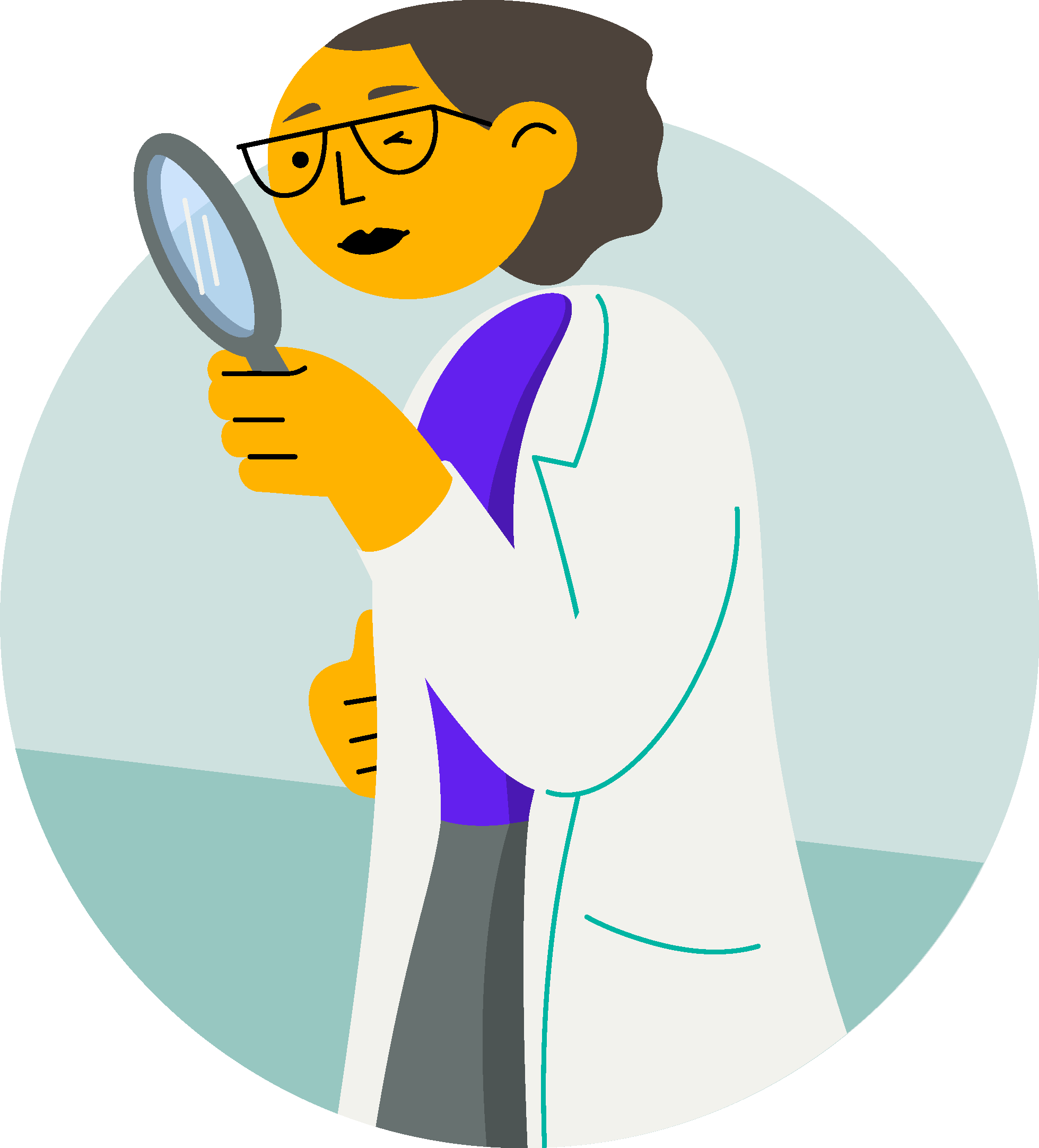
Writing clearly and efficiently is not easy, yet it can be learned. Here I sketch my writer-based approach that helps you develop your writing skills. It focuses on the writing process and personal writing productivity—in my experience, that’s a first necessary step before considering the form & style of writing.
Solid writing skills are crucial for the success of every investigator. At the very minimum, we need to communicate our (complex) findings such that our colleagues can understand them. Yet many young researchers struggle with writing and waste precious time in procrastination and self-doubt.
That’s why I created this blog — to support your efforts in developing your scientific writing skills. Or to encourage you to start caring about your writing skills in the first place 😉
You will find here informative articles full of practical tips and exercises. Moreover, I plan to include interviews with accomplished scientists, reviews of useful books, and answers to readers’ burning questions to further inspire and stimulate you on your journey towards the scientific writing expertise.
Here is a sneak peek into some of the elements that shape my writer-based approach to scientific writing:
-
- Thinkwriting means thinking in writing. I was really surprised to realize that writing can be seen as a mode of thinking. And what a powerful one! Writing down your thoughts and ideas can bring unexpected new insights, and uncover mistakes or gaps in your reasoning. This is a useful, even essential, skill for scientists.
- Private writing is a highly effective, yet hugely underrated practice to develop solid writing skills. We are so fixated to write well that we often block ourselves and don’t write at all. Indeed, writer’s block gets easily resolved once you allow yourself to write badly.
- Freewriting is a method to silence your inner censor, if it is interfering with your writing even in a private space. Such low-stake writing improves your writing skills so that you can write better high-stake, public texts when needed. Even more, parts of this private writing can be recycled and published in texts like reports or manuscripts.
- Lab book can be much more than a compact documentation of your research activities. It can be your place for thinkwriting, for contemplating about your research. If you do it daily, you will soon notice that your writing is improving as well: the words come to you more easily, and they seem to be more accurate, they match better to what you try to express.
- The power of everyday is the basis for this “magic”. There is a simple advice that leads to writing mastery: write a lot and read a lot. This is a bottom-up approach that takes its time, but the process feels quite painless, even pleasant. It’s similar to how kids learn their mother tongue.
- Bottom-up vs. top-down are two main approaches to writing and two extreme types of writers. Top-down writers prefer to start with an outline, create a structure of the text and then write it out, following the plan. Bottom-up writers don’t like or even can’t do this. They start writing without thinking too much about the topic and see where the writing leads them. Both approaches have their advantages and disadvantages: top-down writing can be faster, but bottom-up is typically more creative. The goal, thus, would be to master both approaches and to choose the right one based on the circumstances: top-down works great if you know the topic well, say, when drafting the results section of your manuscript. Bottom-up is preferable when you still need to figure out what you think or want to say, like in a discussion of your research article.
Now, I am also curious: what are your main challenges with scientific writing? Please share your thoughts in the comments!